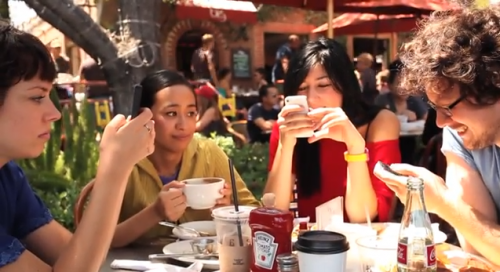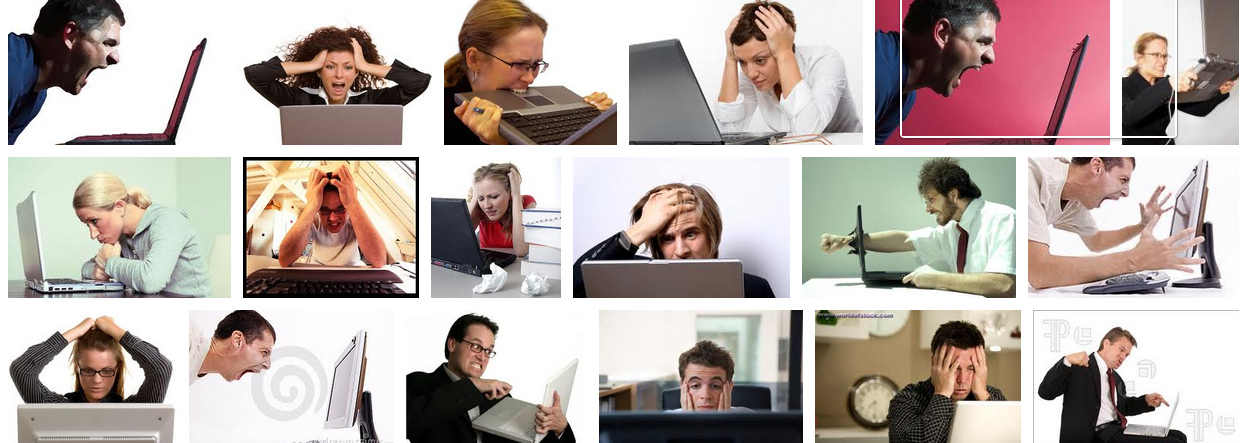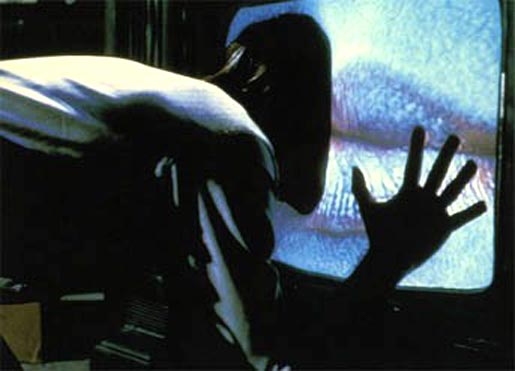
Both are technology books that came out in 2015, and John Durham Peters’ The Marvelous Clouds is perhaps the best counterpoint, or antidote, to Sherry Turkle’s Reclaiming Conversation. Turkle is the avatar of digital dualism, seeing a real world that is natural versus technology that is inhuman and added on. Peters instead puts forward a view of media and technology as part of the environment, and the environment as inherently technological and itself a type of media. Peters doesn’t think of only one all-encompassing environment but of many elements, be they water or language or fire or digitality. Each is its own intersecting environment. Whether you like to think of digitality as part of one world or infinity worlds is an improvement over the digital dualist mistake of seeing two. more...






